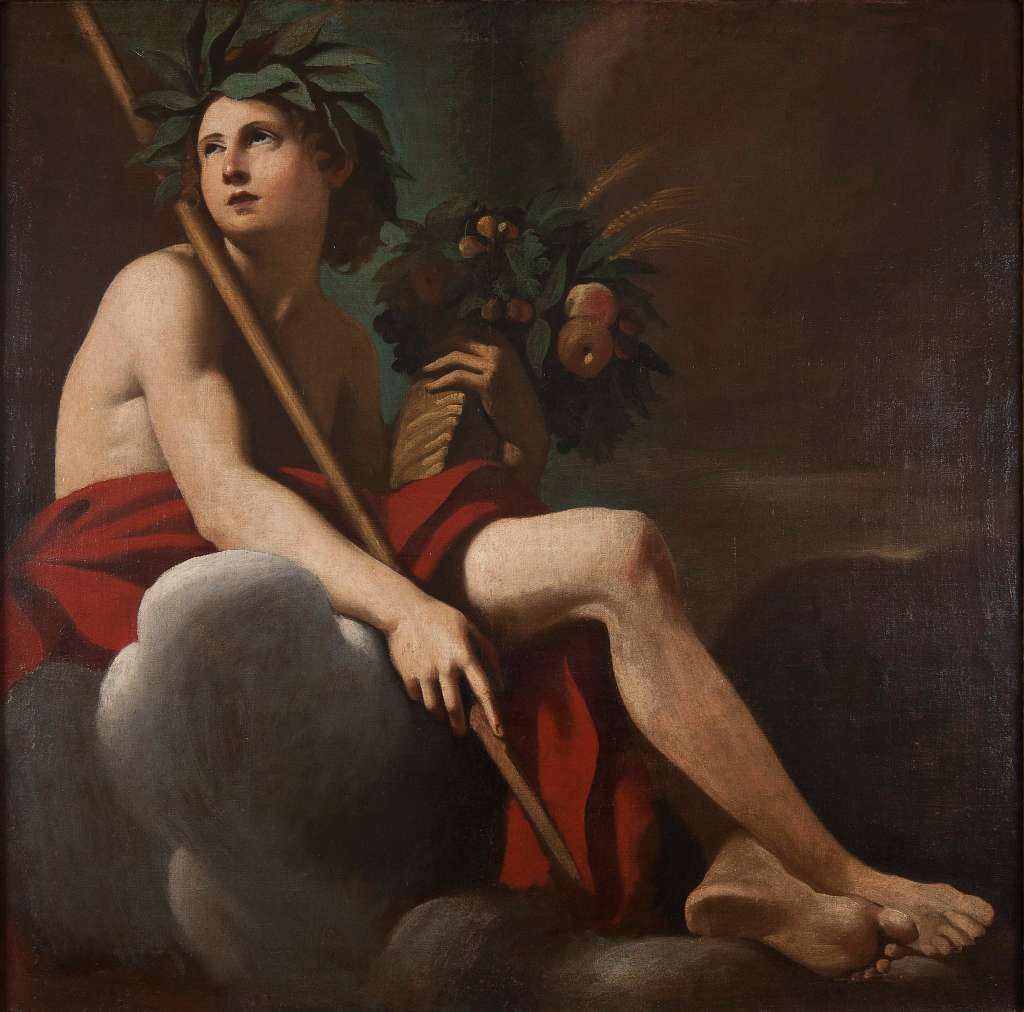In the pantheon of Greek mythology, few figures evoke as much intrigue and fascination as Dionysus, the god of wine, fertility, and ecstasy. Known for his enigmatic nature and wild revelries, Dionysus embodies the duality of human experience, representing both the joyous celebration of life and the chaotic forces of nature. In this article, we delve into the myths and symbolism surrounding Dionysus to unravel the mysteries of this captivating deity.
Dionysus, also known as Bacchus in Roman mythology, is the son of Zeus, king of the gods, and the mortal woman Semele. His birth is shrouded in myth and legend, as Semele perished when Zeus revealed his divine form to her, consumed by the sheer brilliance of his presence. Zeus rescued the unborn Dionysus from his mother’s womb and sewed him into his thigh until he was ready to be born, thus earning him the epithet “twice-born.”
From his tumultuous birth, Dionysus emerged as a complex and multifaceted deity, embodying both the divine and the earthly realms. As the god of wine, Dionysus is closely associated with the cultivation of grapes and the production of wine, symbolizing the transformative power of nature and the cyclical rhythms of life and death. Through the consumption of wine, devotees of Dionysus sought communion with the divine, transcending the boundaries of the mundane world and experiencing a heightened state of ecstasy and revelry.
However, Dionysus is not merely a god of intoxication and excess; he also embodies the creative and generative forces of fertility. In his role as a fertility deity, Dionysus is often depicted as a youthful and effeminate figure, adorned with ivy and grapevines, symbolizing the fecundity of the earth and the renewal of life. His worship was characterized by ecstatic rituals and orgiastic ceremonies, where devotees engaged in ecstatic dancing, music, and revelry as a means of honoring the divine and invoking blessings of abundance and fertility.
Yet, despite his association with joyous celebration and revelry, Dionysus also embodies the darker aspects of the human experience. In his guise as the god of madness and frenzy, Dionysus is often portrayed as a disruptive and unpredictable force, unleashing chaos and upheaval wherever he goes. His followers, known as Maenads or Bacchae, are depicted as wild and frenzied women who roam the mountainside in a state of ecstatic trance, tearing animals apart with their bare hands and reveling in the raw, primal energy of the natural world.
In conclusion, Dionysus occupies a unique and complex role within the pantheon of Greek mythology, embodying both the ecstatic joy of life and the chaotic forces of nature. As the god of wine, fertility, and ecstasy, Dionysus represents the transformative power of nature and the cyclical rhythms of life and death. Through his myths and symbolism, Dionysus invites us to embrace the full spectrum of human experience, from the heights of ecstatic revelry to the depths of primal chaos, reminding us of the profound interconnectedness of the divine and the earthly realms.






